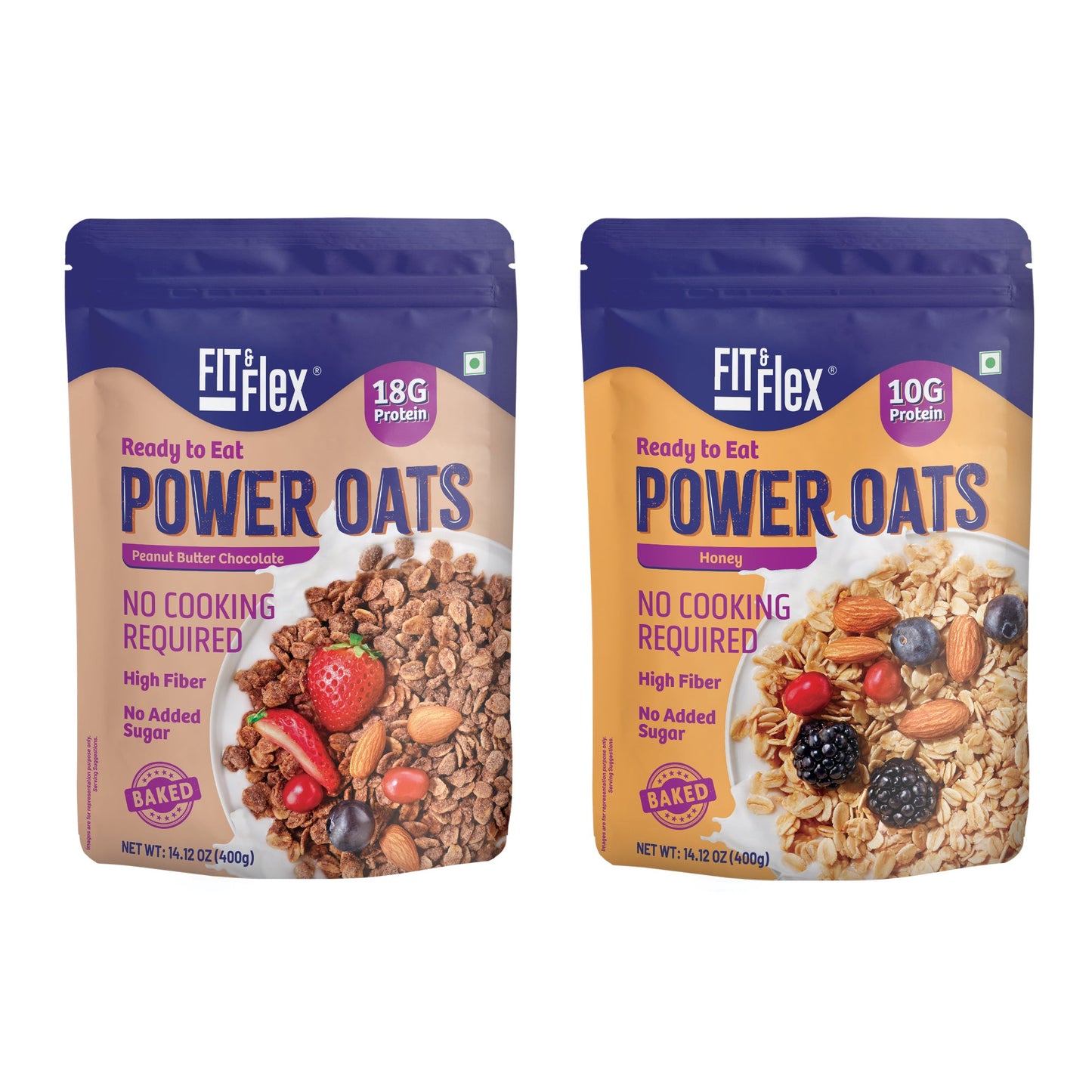Muesli : A Tool for Weight Management

Muesli, a nutritious blend of oats, nuts, seeds, and dried fruits, is not just a tasty breakfast option but also an effective tool for weight management. Its combination of fiber, protein, and healthy fats makes it an excellent choice for those looking to manage their weight in a healthy and sustainable way. Here’s how muesli can support your weight management goals:
1. High in Fiber
One of the standout features of muesli is its high fiber content. Fiber is crucial for weight management because it promotes a feeling of fullness and reduces hunger. When you eat a high-fiber breakfast like muesli, you’re likely to consume fewer calories throughout the day. The oats and dried fruits in muesli provide both soluble and insoluble fiber, which aid in digestion and help regulate blood sugar levels.
2. Balanced Macronutrients
Muesli offers a well-balanced mix of macronutrients, including carbohydrates, protein, and healthy fats. This balance is essential for maintaining energy levels and preventing cravings. The carbohydrates in oats provide a steady release of energy, while the protein from nuts and seeds supports muscle maintenance and repair. Healthy fats contribute to satiety, helping you feel satisfied for longer periods.
3. Low Glycemic Index
Muesli has a low glycemic index (GI), meaning it releases glucose slowly into the bloodstream. This slow release helps prevent blood sugar spikes and crashes, which can lead to increased hunger and overeating. By keeping blood sugar levels stable, muesli can help you avoid the energy dips that often lead to unhealthy snacking.
4. Portion Control
When it comes to weight management, portion control is key. Muesli can be easily portioned out to ensure you’re eating the right amount. Measuring your servings and combining muesli with low-fat milk, yogurt, or a plant-based alternative can help you control your calorie intake while still enjoying a nutritious and filling breakfast.
5. Customizable and Versatile
Muesli is highly customizable, allowing you to tailor it to your nutritional needs and taste preferences. You can add a variety of fruits, nuts, seeds, and even spices to keep it interesting. This versatility means you’re less likely to get bored with your breakfast routine, making it easier to stick to healthy eating habits.
6. Easy to Prepare
Convenience is important for maintaining a healthy diet, especially for those with busy lifestyles. Muesli is quick and easy to prepare. You can make a batch ahead of time and store it in an airtight container for a ready-to-eat breakfast. Overnight muesli, where you soak the mix in milk or yogurt overnight, is another convenient option that saves time in the morning.
7. Encourages Healthy Eating Habits
Incorporating muesli into your diet can help establish and reinforce healthy eating habits. Starting your day with a nutritious meal sets a positive tone for the rest of the day, making you more likely to make healthier choices at lunch and dinner. Additionally, the habit of eating a balanced breakfast can reduce the temptation to reach for high-calorie, low-nutrient snacks.
FAQ's
-
How can I ensure my muesli is low in sugar? To keep your muesli low in sugar, choose unsweetened varieties or make your own at home. Avoid muesli blends with added sugars, syrups, or high-sugar dried fruits. Opt for natural sweeteners like fresh fruit or a small drizzle of honey if you prefer a sweeter taste.
-
Can I eat muesli if I am following a low-carb diet? While muesli is typically high in carbs due to the oats, you can modify it to fit a low-carb diet by using a smaller portion of oats and increasing the amount of nuts, seeds, and low-carb fruits like berries. You can also explore grain-free muesli recipes that use coconut flakes or other low-carb alternatives.
-
Is muesli better for weight management than other breakfast cereals? Muesli can be more beneficial for weight management than many other breakfast cereals because it is usually less processed and contains fewer added sugars. Its high fiber content and balanced macronutrients help keep you full longer, which can aid in controlling calorie intake.
-
How much muesli should I eat for breakfast? A typical serving size for muesli is about 1/2 to 3/4 cup (approximately 50-75 grams), but this can vary depending on your individual dietary needs and goals. Combining muesli with a source of protein, such as yogurt or milk, can help enhance its satiety effect.
-
Can muesli help with digestive issues? Yes, the high fiber content in muesli can promote healthy digestion and regular bowel movements. However, if you have specific digestive issues, such as IBS, you may need to choose ingredients carefully to avoid potential triggers.
-
Can I eat muesli for other meals besides breakfast? Absolutely! Muesli can be enjoyed as a snack, added to salads for a crunchy topping, or used in baking recipes. Its versatility makes it a great addition to various meals throughout the day.
-
How do I store muesli to keep it fresh? Store muesli in an airtight container in a cool, dry place. Proper storage helps maintain its freshness and prevents the nuts and seeds from becoming rancid. Homemade muesli can typically last for several weeks when stored properly.
Conclusion
Muesli is more than just a tasty breakfast choice; it’s a powerful ally in weight management. Its high fiber content, balanced macronutrients, and low glycemic index help keep you full and satisfied, making it easier to control your calorie intake and avoid unhealthy snacking. The convenience and versatility of muesli also support consistent healthy eating habits. By incorporating muesli into your daily routine, you can enjoy a delicious and nutritious start to your day while working towards your weight management goals.




